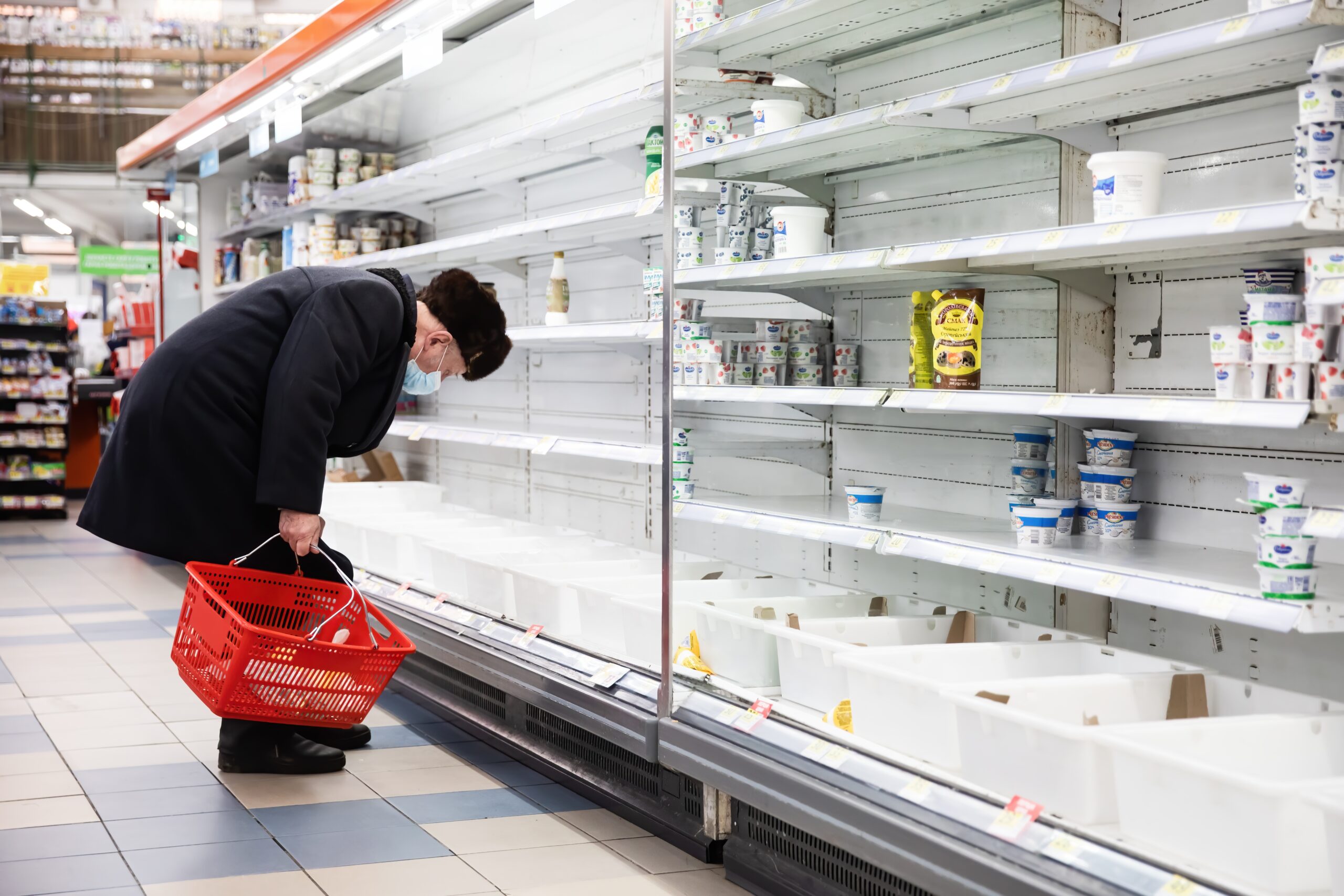
The Russian invasion of Ukraine will have far-reaching implications across all industries, including the foodservice sector. The situation is changing, and it is still unclear how the war’s impacts on wheat cultivation, seed oils prices, or even migratory labor will affect the foodservice industry. There will be time to discuss those issues in the future. Today, I want to discuss what the foodservice industry is doing to help the people who have been displaced by the war.
Jose Andres & World Central Kitchen
A prime example of how the foodservice industry can respond to crises is renowned chef Jose Andres. Andres has founded a two Michelin star restaurant. He also created World Central Kitchen, a leading humanitarian response organization that brings a chef’s lens to emergency food assistance. Since 2010, Jose Andres and the WCK team have responded to emergencies by being some of the first responders to arrive. They apply the foodservice industry’s creativity, logistical prowess, and sourcing skills to turn local talent and resources into nutritious and comforting food for people affected by disasters and wars.
In the three weeks since the invasion began, WCK’s #ChefsForUkraine initiative has served one million meals across more than 330 distribution centers in five countries. In addition, WCK partners with restaurants in central and eastern Ukraine to provide food to people who have not left, but who have been cut off from their regular food supplies. WCK places an emphasis on using ingredients that are nutritious and locally available, as well as making dishes that are warm, culturally relevant, and comforting. After fleeing an army, a cup of hot chocolate may seem small, but to a Ukrainian child reaching the Polish border, it feels like safety.
Laurel Kratochvila & Hamantashen for Ukraine
Not everyone can head straight to the front lines of a conflict to start serving food, however. The global foodservice industry can also respond from afar. For example, Laurel Kratochvila of Fine Bagels in Berlin turned to an old foodservice staple: the bake sale.
As the founder of a Jewish-American bakery, Kratochvila had been preparing for annual hamantashen sales when the war began. In response, she launched Hamantashen for Ukraine, which encouraged bakeries, cafes, restaurants, and home bakers to donate that year’s hamantashen proceeds to organizations supporting Ukrainian refugees. To quote the campaign’s website, “Hamantashen are a symbolic cookie for the holiday of Purim – a time of reflection about destructive megalomaniacs and triumph of good over evil.” That message resonated, and hundreds of foodservice providers (and many more home bakers) responded to her call, raising money for first responders.
The Bottom Line
In times like this, it can often feel like world events are beyond our control. You and your employees may feel stressed or anxious after watching the news coverage. But the foodservice industry can respond to crises in meaningful ways, and it can be empowering for you and your staff to contribute to those efforts. Whether you serve on the front lines like Jose Andres, raise funds and solidarity like Laurel Kratochvila, or simply connect with a local office of a US refugee resettlement agency to offer foodservice jobs to your newly arrived neighbors, you can make a difference.
Tim Powell is a Managing Principal of Foodservice IP. Tim serves as a trusted foodservice adviser to management at several food companies.
Like the content? Sign up to receive our communications.
Recent Comments